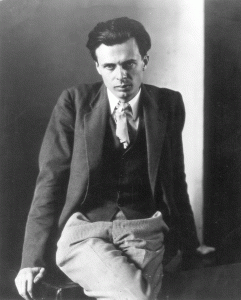They knew that Pascal’s room, Thoreau’s hut, and especially their own den was a dark chamber, an unhealthy space full of resentment; they knew that one is nothing when alone, that one thinks most often of nothing at all, and that hell is not other people, but the self.
This short book is a collection of thoughts regarding the Covid-19 pandemic from the French philosopher Bernard-Henri Lévy. Originally in French, the essay discusses the politics of the pandemic, wondering if the measures taken by governments are good or bad, the reaction of the media, and what we, humanity, should do collectively and individually in these circumstances.
The references to French literature and influential philosophers betray the cultural range and depth of Lévy , without being didactic. The media referenced is rather balanced, neither progressive or conservative, and covers both sides of the Atlantic.

The message of the book is a caution against human atomisation, using all the benefits of isolation, made possible by current technology. Food, clothes, items, can be ordered with a simple click. Communication can be done virtually. But the essential human touch cannot be ordered online. Staying at home cannot be praised, it is essentially anti-humane.
Furthermore, individual liberties are disappearing, in face of distancing and confinement measures. Once taken away, it is hard to restate them. The democratic model itself is at stake, with other socioeconomic models vying for top spot. Media is focusing too much on the virus, while other grave problems remain in the dark: global warming, refugee crises, dictatorships, feeble democracies sliding into authoritarianism. But also good news are fewer in the pages of journals and screens of TVs, we know less about the good in the world.
Lévy also warns about future pandemics. Humanity has lived with major pandemics all its history. What do we do if we another pandemic hits in five years time? Do we close again the economy? Measures against the spreading are needed, such as social distancing, but need to be debated, rationalized and lessons of the pandemic need to be learn. Because another pandemic is around the corner.
The book invites to reflection, to think about what makes us human. It is a book about courage, in face of illness. And finally, it is a warning for the human isolation that technology now allows. Isolation cannot be praised, as if we do, we lose our humanity, the French philosopher argues.













